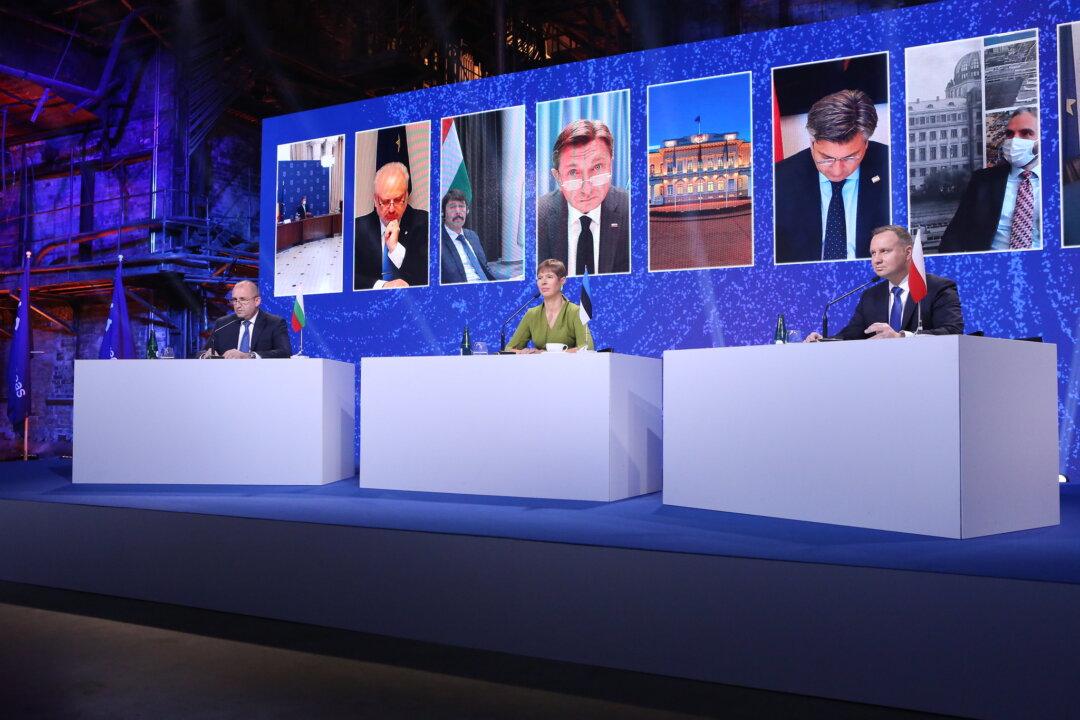The United States announced that it will match 30 percent of investments toward the development of cross-border transportation, energy, and digital infrastructure projects in the Three Seas region between the Baltic, Adriatic, and Black seas.
The Three Seas Initiative focuses on an area where infrastructure was underdeveloped as a result of Soviet domination during the Cold War.





